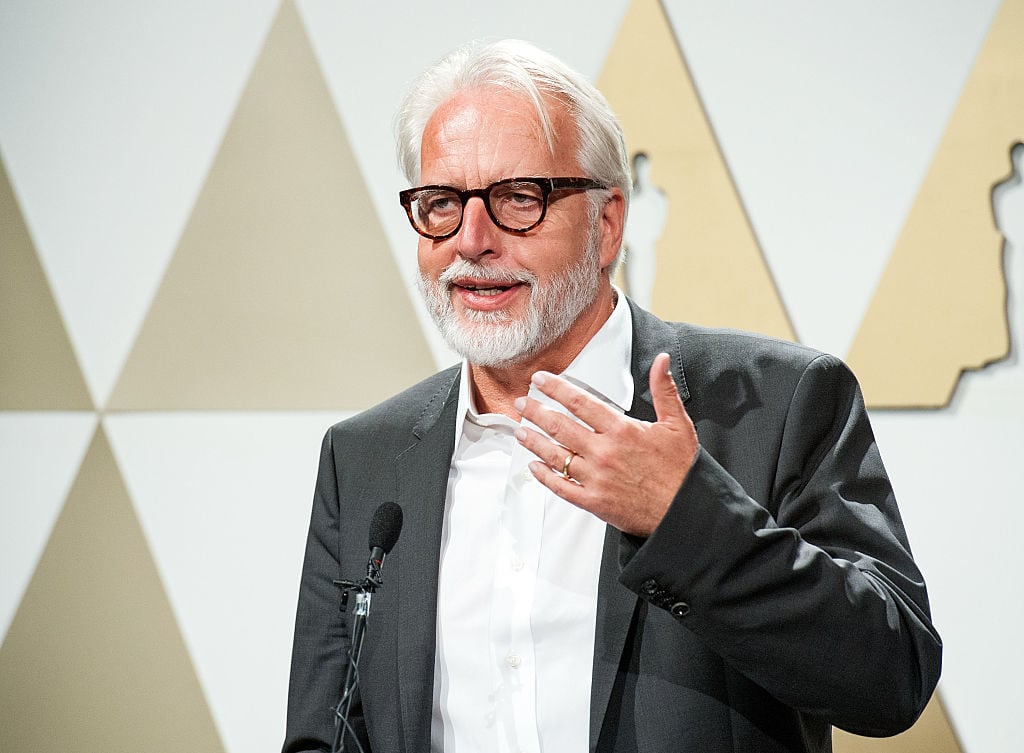People
Esteemed V&A Director Martin Roth Warns of the Rise of Right-Wing Populism in Posthumous Book
The book, published weeks after his death, is based on conversations with his three adult children.

The book, published weeks after his death, is based on conversations with his three adult children.

Henri Neuendorf

The late museum director and art historian Martin Roth’s final book was published yesterday, August 28, just over three weeks after his death. Based on conversations with his three adult children, Widerrede (Talk Back) is part political manifesto, part personal reflection on the life and work of a lionized cultural leader.
Motivated by the rise of right-wing populism worldwide, the former Victoria & Albert Museum director writes that he felt compelled to use his platform to issue a call to action.
In the book, published in German by Edition Evangelisches Gemeindeblatt, Roth recalls a difficult childhood growing up in postwar Germany. The lessons he gleaned from researching his doctorate on cultural policy in the 1920s and 1930s, he writes, can now be applied to the fight against xenophobia and right-wing fear-mongering.
“An extremely right-wing Europe has risen in front of our eyes,” Roth warns in an excerpt published by Süddeutsche Zeitung. “Where are our Christian values?”
Describing himself as “staunchly European,” Roth also criticizes the Brexit campaign and Britain’s subsequent withdrawal from the European Union, which contributed to his abrupt departure from the V&A. “Those who aren’t committed against a return to old nationalist thinking, those who think someone else will prevent it, and those who think politics is too complicated are all implicating themselves as complicit,” he argues in the book.
The museum director, who was diagnosed with cancer just a few weeks after he left the V&A, dedicated his life to using art to bridge cultural and political divides. During his five-year tenure at the museum, he initiated new branches in China, Dundee, and east London.
Excerpts from transcripts of recorded conversations between Roth and his children Clara (age 20), Roman (27), and Mascha (28) form the core of the text.
“It is no longer my generation that will effect change. We must speak to the next generation,” Roth reportedly told his children, according to his eldest daughter’s account in Deutsche Welle. At the time, he was already very ill and knew he didn’t have long left to live. (The book’s publisher did not immediately respond to a request for comment from artnet News about the children’s role in the book’s posthumous publication.)
In this unusual account of his life, work, and beliefs, Roth consciously portrays himself as a concerned idealist who believes in art as a vehicle to affect social change. “I am convinced that art and culture are indispensable foundations of peaceful social and democratic coexistence,” he writes.
The publisher has not yet confirmed whether there are plans to publish an English-language version of the book following its release in German.